Home>Home Maintenance>What Is A Home Inspection Contingency


Home Maintenance
What Is A Home Inspection Contingency
Modified: August 23, 2024
Learn how a home inspection contingency can help protect your investment. Discover the importance of home maintenance for long-term property value and peace of mind.
(Many of the links in this article redirect to a specific reviewed product. Your purchase of these products through affiliate links helps to generate commission for Storables.com, at no extra cost. Learn more)
Introduction to Home Inspection Contingency
When purchasing a home, it’s crucial to ensure that the property is in good condition and free from any hidden issues or potential problems. This is where a home inspection contingency comes into play. A home inspection contingency is a clause that is typically included in a real estate contract, allowing the buyer to hire a professional home inspector to evaluate the property before finalizing the purchase.
The purpose of a home inspection contingency is to protect the buyer by providing them with the opportunity to identify any major defects or structural issues in the home. It gives the buyer a chance to renegotiate the terms of the deal or even back out of the agreement completely, depending on the findings of the inspection.
So, how does a home inspection contingency work? Let’s delve deeper into the process to understand its importance and benefits.
Key Takeaways:
- Protect Yourself with a Home Inspection
Before buying a home, include a home inspection contingency in the contract. It gives you the chance to find any hidden problems and negotiate repairs or price adjustments. - Negotiate Smartly After the Inspection
After the home inspection, prioritize major issues, be respectful, and consider alternative solutions. Seek professional guidance and know your limits to negotiate effectively.
Purpose of a Home Inspection Contingency
The main purpose of a home inspection contingency is to protect the buyer from purchasing a property with significant defects or undisclosed issues. By including this contingency in the contract, the buyer has the opportunity to thoroughly inspect the home and obtain a professional assessment of its condition. This ensures that the buyer is making an informed decision and minimizes the risk of investing in a property with hidden problems.
A home inspection contingency serves several key purposes:
- Evaluating the property’s condition: A home inspection allows the buyer to assess the overall condition of the property. The inspector will thoroughly examine the structure, electrical systems, plumbing, HVAC, and other components of the house. They will identify any existing or potential issues, such as roof leaks, faulty wiring, plumbing leaks, mold, or foundation problems.
- Identifying safety concerns: A comprehensive home inspection helps identify any safety hazards within the property. This can include issues like carbon monoxide leaks, unsafe electrical wiring, or structural weaknesses that could pose a danger to the occupants.
- Budgeting for repairs and maintenance: The inspection report provides the buyer with a detailed list of repairs, maintenance, or renovations needed in the property. This helps the buyer anticipate future costs and plan their budget accordingly.
- Negotiating repairs or price adjustments: If significant issues are uncovered during the inspection, the buyer can negotiate with the seller to have repairs made or to adjust the purchase price accordingly. The home inspection contingency gives the buyer leverage in renegotiating the terms of the deal based on the findings of the inspection report.
- Backing out of the deal: In some cases, the inspection reveals major structural defects or extensive repair needs that the buyer is unwilling or unable to address. In such situations, the home inspection contingency allows the buyer to back out of the contract without any penalties or loss of earnest money.
Overall, the purpose of a home inspection contingency is to provide peace of mind to the buyer, ensuring that they are making a sound investment and purchasing a home that meets their expectations in terms of safety, quality, and overall condition. It is a critical step in the home buying process that should not be overlooked.
How Does a Home Inspection Contingency Work?
A home inspection contingency is typically included as a clause in the purchase agreement between the buyer and the seller. It gives the buyer a specified period, usually between 7 to 10 days, to conduct a thorough inspection of the property. During this time, the buyer has the right to hire a professional home inspector to evaluate the condition of the home.
Once a home inspector is hired, they will conduct a comprehensive assessment of the property, examining both the exterior and interior of the house. They will check for issues such as structural integrity, electrical systems, plumbing, HVAC, roof condition, insulation, and any other potential problem areas. The inspector will provide a detailed report outlining any defects or concerns found during the inspection.
The buyer has the option to attend the inspection and ask questions to gain a better understanding of the property’s condition. After reviewing the inspection report and considering the findings, the buyer can then decide how to proceed:
- Renegotiate the terms: If the inspection report highlights major issues or necessary repairs, the buyer may choose to renegotiate the purchase price or request that the seller make the repairs before proceeding with the sale. The buyer can present the inspection report as evidence to support their request.
- Request repairs: Alternatively, the buyer may request that the seller address specific repairs or issues identified during the inspection. The buyer can submit a repair addendum, outlining the requested repairs, and negotiate with the seller on who will be responsible for completing the repairs and covering the costs.
- Cancel the contract: If the inspection reveals significant defects or problems that the buyer is unwilling to address or cannot afford to fix, the buyer may choose to terminate the contract. The home inspection contingency allows the buyer to back out of the sale without any penalty or loss of earnest money.
It’s important to note that the specifics of a home inspection contingency can vary depending on the terms agreed upon by the buyer and seller in the purchase agreement. Therefore, it’s crucial for both parties to carefully review and understand the conditions and timelines outlined in the contract.
Overall, a home inspection contingency provides the buyer with an opportunity to thoroughly evaluate the property and make an informed decision based on the findings. It empowers the buyer to negotiate repairs or price adjustments and ensures they are not stuck with a property that has hidden defects or major issues.
Benefits of Including a Home Inspection Contingency
Including a home inspection contingency in a real estate transaction offers several key benefits for the buyer. Let’s explore some of the advantages of having a home inspection contingency in place:
- Protection for the buyer: A home inspection contingency provides a layer of protection for the buyer by allowing them to thoroughly assess the property’s condition before finalizing the purchase. It helps uncover any hidden defects or issues that may not be visible during a casual walkthrough of the property.
- Peace of mind: Knowing that a professional home inspector has thoroughly examined the property can give buyers peace of mind. They can move forward with the purchase knowing that they have made an informed decision and are aware of any potential problems.
- Opportunity to renegotiate: If significant issues are identified during the inspection, the buyer can use the inspection report as leverage to negotiate repairs or adjustments to the purchase price. This can potentially save the buyer money or lead to necessary repairs being completed before closing.
- Financial planning: A home inspection report provides a detailed assessment of the property’s condition, including any needed repairs or maintenance. This information allows the buyer to plan and budget for future expenses, such as repairs or renovations. It helps in avoiding unforeseen financial burdens down the line.
- Knowledge about the property: A home inspection gives the buyer a comprehensive understanding of the property’s strengths and weaknesses. This knowledge allows the buyer to make an informed decision, considering factors such as safety concerns, potential maintenance issues, and overall condition.
- Protection against legal issues: In some cases, a thorough home inspection can help highlight potential legal issues, such as code violations or unpermitted additions or renovations. The buyer can use this information to address these concerns before finalizing the purchase, avoiding potential legal hassles in the future.
- Backing out if needed: Ultimately, a home inspection contingency provides the buyer with an “out” from the deal if the inspection reveals major defects or problems that the buyer is unwilling or unable to address. This protects the buyer from being locked into a purchase that could turn out to be a costly mistake.
By including a home inspection contingency, buyers can make more informed decisions, negotiate favorable terms, and ensure they are investing in a property that meets their expectations. It is an essential step in the home buying process that provides valuable benefits and peace of mind.
A home inspection contingency allows the buyer to have the home inspected and negotiate repairs or back out of the sale if major issues are found. It’s an important protection for buyers.
Potential Drawbacks of a Home Inspection Contingency
While a home inspection contingency offers numerous advantages, it is important to be aware of some potential drawbacks that both buyers and sellers should consider. Let’s explore a few potential drawbacks of including a home inspection contingency in a real estate transaction:
- Lengthens the buying process: The inclusion of a home inspection contingency can extend the overall timeline of the purchase. This is because it requires scheduling and conducting the inspection, waiting for the inspection report, and potentially negotiating repairs or adjustments. If time is a crucial factor, such as in a competitive real estate market, the presence of a home inspection contingency may hinder the process.
- Stress for the seller: Sellers may view a home inspection contingency as a potential roadblock, as it introduces uncertainty into the sale. They may worry that the buyer will use the inspection report to negotiate repairs or reduce the purchase price. Sellers may prefer offers without contingencies, as they offer a more straightforward transaction.
- Potential for deal termination: If the home inspection uncovers significant issues or defects, the buyer may decide to terminate the contract or request extensive repairs. This can lead to a stalled or canceled transaction, causing inconvenience and potential financial loss for both the buyer and seller.
- Additional expenses: The cost of hiring a professional home inspector falls on the buyer. This is an additional expense that the buyer must consider, especially if they opt for additional specialized inspections, such as termite inspections or radon testing. The buyer also incurs costs associated with the time invested in the inspection process.
- Potential for over-negotiation: If the inspection report reveals minor issues or normal wear and tear, some buyers may still attempt to negotiate for repairs or price reductions. This can lead to unnecessary back-and-forth negotiations and potential disagreement between the buyer and seller.
- Missed opportunities: In competitive real estate markets, sellers may receive multiple offers from potential buyers. If a buyer includes a home inspection contingency in their offer, it may put them at a disadvantage compared to buyers who waive contingencies. This can result in missed opportunities for buyers who are unwilling to forgo the home inspection contingency.
While these potential drawbacks exist, it is crucial to remember that a home inspection contingency is designed to protect buyers and ensure they make informed decisions. It allows for the identification of any significant issues or underlying problems with the property. Ultimately, the decision to include a home inspection contingency should be based on the specific circumstances of the transaction and the buyer’s comfort level with assuming potential risks.
Steps Involved in a Home Inspection Contingency
When a home inspection contingency is included in a real estate transaction, several key steps are typically followed. These steps ensure that the buyer has the opportunity to thoroughly inspect the property and make informed decisions. Let’s outline the general steps involved in a home inspection contingency:
- Inclusion of the home inspection contingency in the contract: The buyer and seller agree to include a home inspection contingency as part of the purchase agreement. This contingency specifies the timeframe the buyer has to conduct the inspection and outlines the process for renegotiating the terms or canceling the contract based on the inspection findings.
- Selection of a professional home inspector: The buyer researches and selects a qualified and certified home inspector to assess the property. It is crucial to choose an inspector with relevant experience and a good reputation to ensure a thorough inspection.
- Scheduling the home inspection: The buyer coordinates with the seller or the seller’s agent to schedule a convenient time for the home inspection. The inspection is typically conducted within a specified timeframe, often 7 to 10 days after the contract is ratified.
- Attending the home inspection: The buyer may choose to attend the home inspection. While not mandatory, attending the inspection allows the buyer to ask questions, gain a better understanding of the property’s condition, and receive immediate feedback from the inspector regarding any concerns or issues.
- Inspection of the property: The home inspector conducts a comprehensive evaluation of the property. They examine the structure, roof, electrical systems, plumbing, HVAC, and other relevant components. They may also conduct specialized inspections like termite inspections or radon testing, if requested by the buyer.
- Reviewing the inspection report: After the home inspection is complete, the inspector provides a detailed report outlining the findings, including any defects or concerns identified during the inspection. The buyer reviews the report thoroughly to understand the property’s condition and potential repair needs.
- Negotiating repairs or adjusting the purchase price: If significant issues are identified, the buyer can use the inspection report as a basis for negotiating repairs or requesting a reduction in the purchase price. The buyer and seller engage in discussions to reach an agreement on how to address the inspection findings.
- Deciding whether to move forward or terminate the contract: Based on the inspection report and the outcome of negotiations, the buyer decides whether to proceed with the purchase as originally agreed upon, request further repairs or concessions, or terminate the contract if the inspection revealed severe defects or issues that they are unwilling to address.
- Moving towards closing: If the buyer decides to proceed, the buying process moves forward, taking into account any repairs or adjustments agreed upon during the negotiation. The transaction continues towards closing, where the final documents are signed, and ownership of the property is transferred to the buyer.
It is worth noting that the specific steps and timelines involved in a home inspection contingency may vary depending on local laws and the terms agreed upon in the purchase agreement. Buyers and sellers should consult their real estate agents or attorneys to ensure they are familiar with the specific requirements and procedures in their area.
Tips for Negotiating a Home Inspection Contingency
Negotiating a home inspection contingency can be a crucial step in the home buying process. It allows buyers to address any significant issues discovered during the inspection and ensure that they are making a sound investment. Here are some tips to guide you through the negotiation process:
- Thoroughly review the inspection report: Carefully review the inspection report with your real estate agent and any other qualified professionals. Understand the severity and potential costs associated with the identified issues. This will help you prioritize your negotiation points.
- Prioritize major defects: Focus your negotiation efforts on addressing significant defects or safety concerns that may affect the property’s habitability, structural integrity, or pose potential risks to occupants. These issues should take precedence during negotiations for repairs or price adjustments.
- Consider the seller’s perspective: Keep in mind that sellers may be hesitant to address every item mentioned in the inspection report. Understand their motivations and be willing to compromise. Focusing on essential repairs or offering to split the cost of certain repairs may facilitate a smoother negotiation process.
- Obtain estimates for repairs: Before entering into negotiations, obtain estimates from reputable contractors or specialists for the repair work mentioned in the inspection report. This will provide you with concrete figures to reference during negotiations and help ensure fair and accurate discussions with the seller.
- Be respectful and reasonable: Approach negotiations with a respectful and reasonable attitude. Recognize that both parties have their own interests to protect. Present your concerns and proposed solutions in a clear and polite manner to foster a cooperative and amicable negotiation process.
- Consider alternative solutions: If the seller is unwilling or unable to make repairs or provide a price adjustment, explore alternative solutions. This may include obtaining credits toward closing costs or future repairs, or requesting the seller to provide warranties or guarantees for certain components of the property.
- Be flexible with timelines: Understand that repair work may take time to schedule and complete. Be open to negotiating realistic timelines that accommodate both parties. Flexibility can help facilitate successful negotiations and ensure a smoother transition to closing.
- Consult professionals: Seek guidance from your real estate agent, attorney, or other relevant professionals throughout the negotiation process. They can help interpret the inspection report, provide advice on negotiation strategies, and ensure that your interests are represented effectively during discussions with the seller.
- Know your limits: Determine your limits in terms of repair negotiations before entering into discussions. Be prepared to assess the overall value of the property, the costs associated with necessary repairs, and your personal budgetary constraints. Knowing your limits will help you make informed decisions and protect your best interests.
- Consider long-term implications: While negotiations may focus on immediate repairs or adjustments, consider the long-term implications of the property’s condition. Balance your short-term concerns with the potential future costs and maintenance needs that may arise from deferred repairs or unresolved issues.
Remember, successful negotiations involve a give-and-take approach. By being well-informed, reasonable, and open to finding solutions, you can navigate the negotiation process and reach an agreement that satisfies both parties involved.
Conclusion
A home inspection contingency is a vital component of the home buying process. It offers buyers the opportunity to thoroughly evaluate a property’s condition before finalizing the purchase. By including a home inspection contingency in the purchase agreement, buyers can protect themselves from unexpected surprises and make informed decisions.
The purpose of a home inspection contingency is to ensure that the buyer is aware of any major defects, safety concerns, or potential issues within the property. It provides peace of mind by allowing buyers to identify and address significant problems before committing to the purchase.
While a home inspection contingency offers numerous benefits, it is important to be aware of potential drawbacks. Including a home inspection contingency may lengthen the buying process, introduce additional expenses, or potentially lead to renegotiations or even the termination of the contract. However, the advantages of having a thorough inspection and the ability to negotiate repairs or price adjustments often outweigh these potential drawbacks.
The steps involved in a home inspection contingency include ensuring the inclusion of the contingency in the contract, selecting a qualified home inspector, conducting the inspection, reviewing the inspection report, negotiating repairs or adjustments, and making a decision on whether to proceed with the purchase.
When negotiating a home inspection contingency, it is essential to prioritize major defects, be respectful and reasonable, obtain repair estimates, and consider alternative solutions. Seeking guidance from professionals, being flexible with timelines, and knowing your limits will help navigate the negotiation process successfully.
In conclusion, a home inspection contingency is a crucial element of the home buying process that empowers buyers to make informed decisions and protect their investment. By conducting a thorough inspection, negotiating necessary repairs, and understanding the condition of the property, buyers can move forward with confidence and enjoy their new home with peace of mind.
Frequently Asked Questions about What Is A Home Inspection Contingency
Was this page helpful?
At Storables.com, we guarantee accurate and reliable information. Our content, validated by Expert Board Contributors, is crafted following stringent Editorial Policies. We're committed to providing you with well-researched, expert-backed insights for all your informational needs.


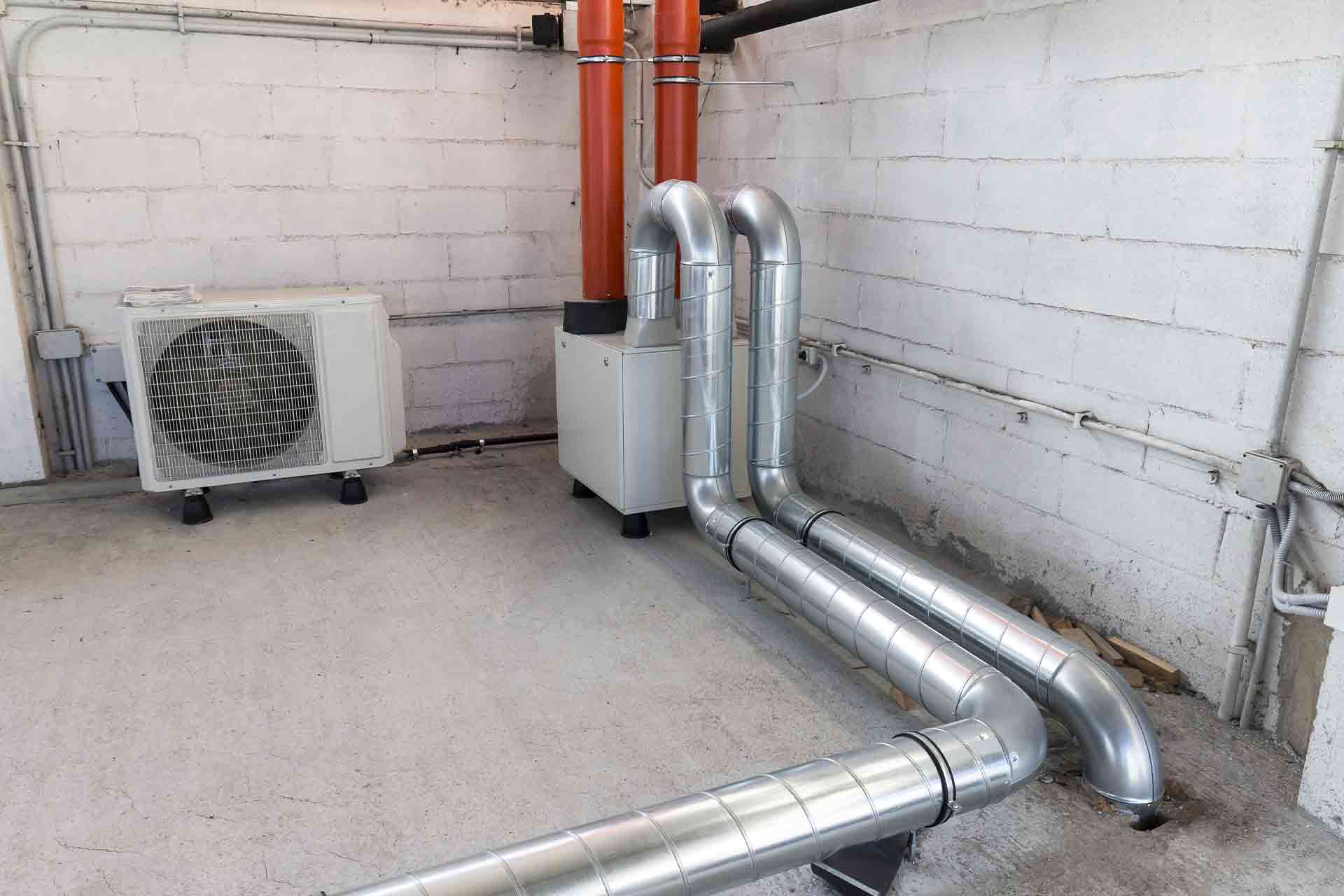
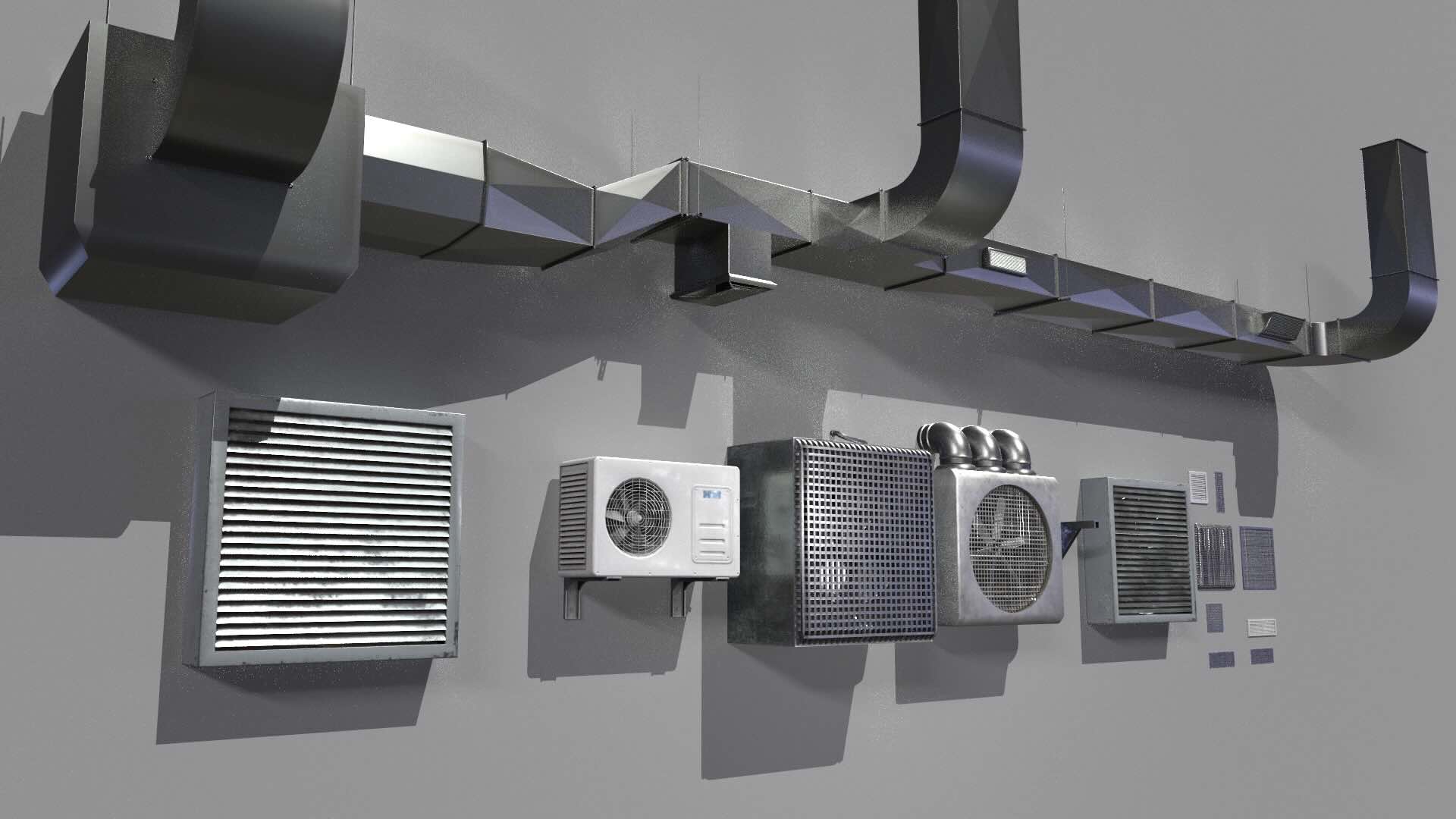
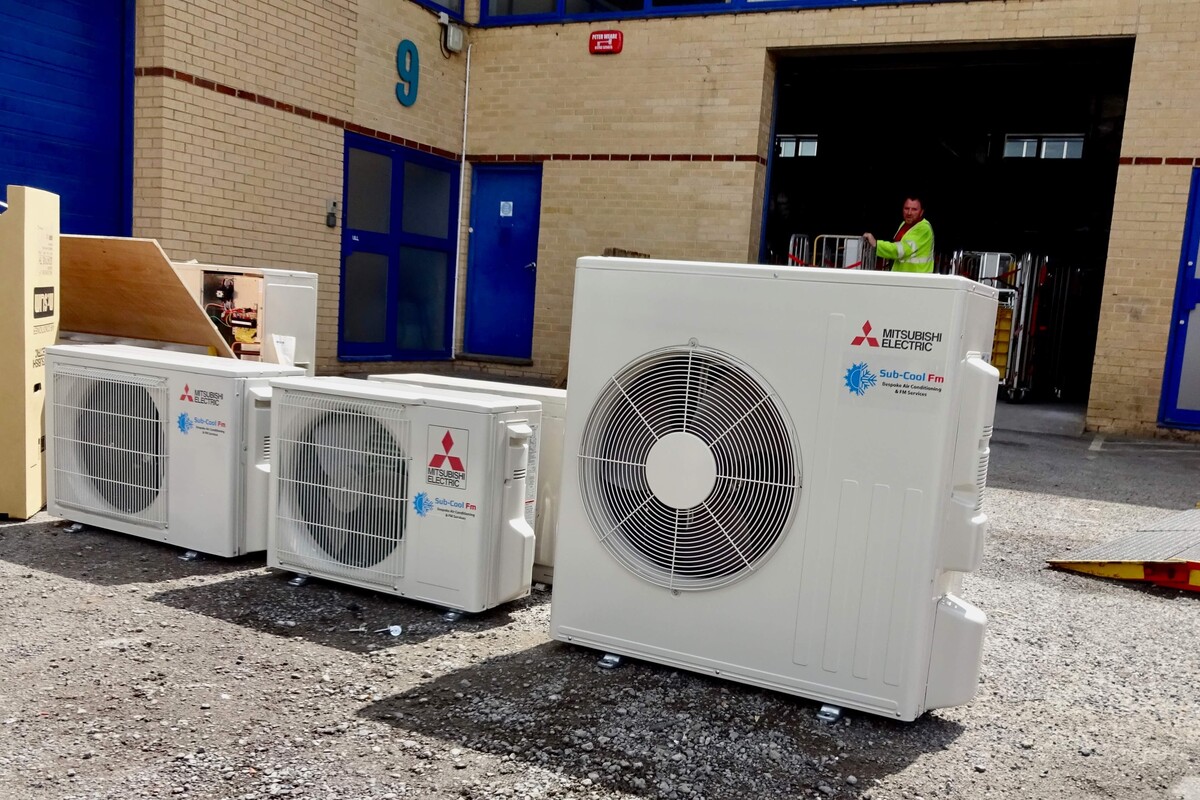

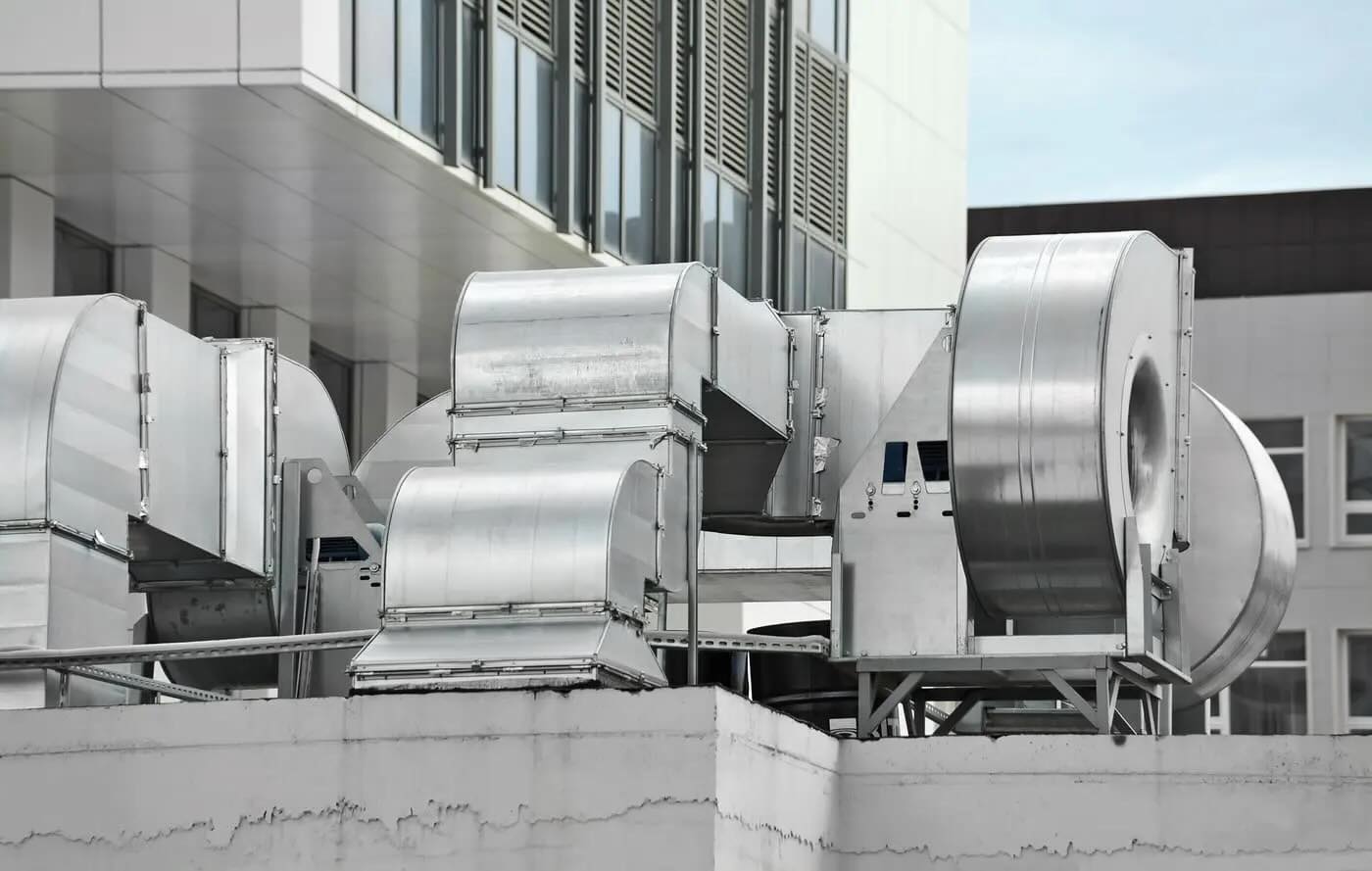
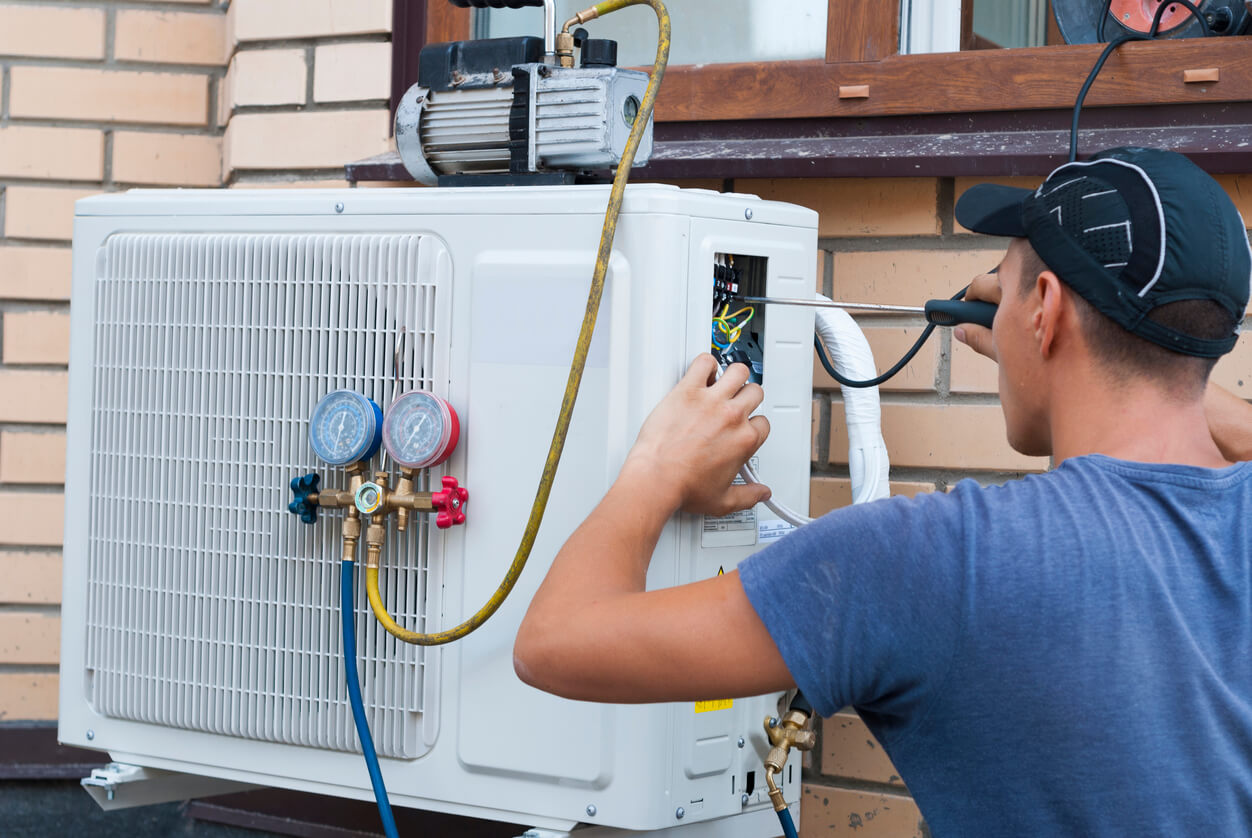

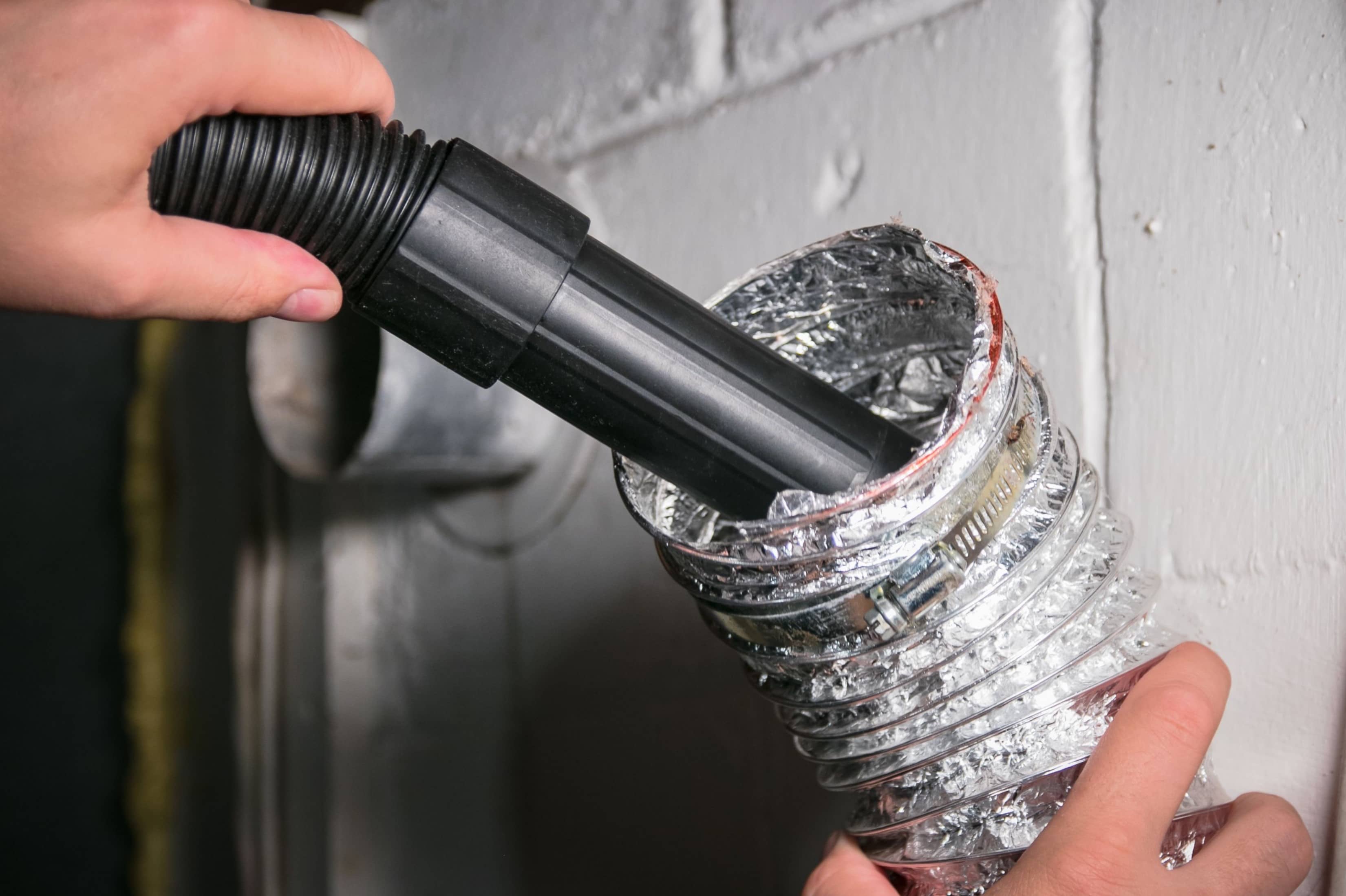
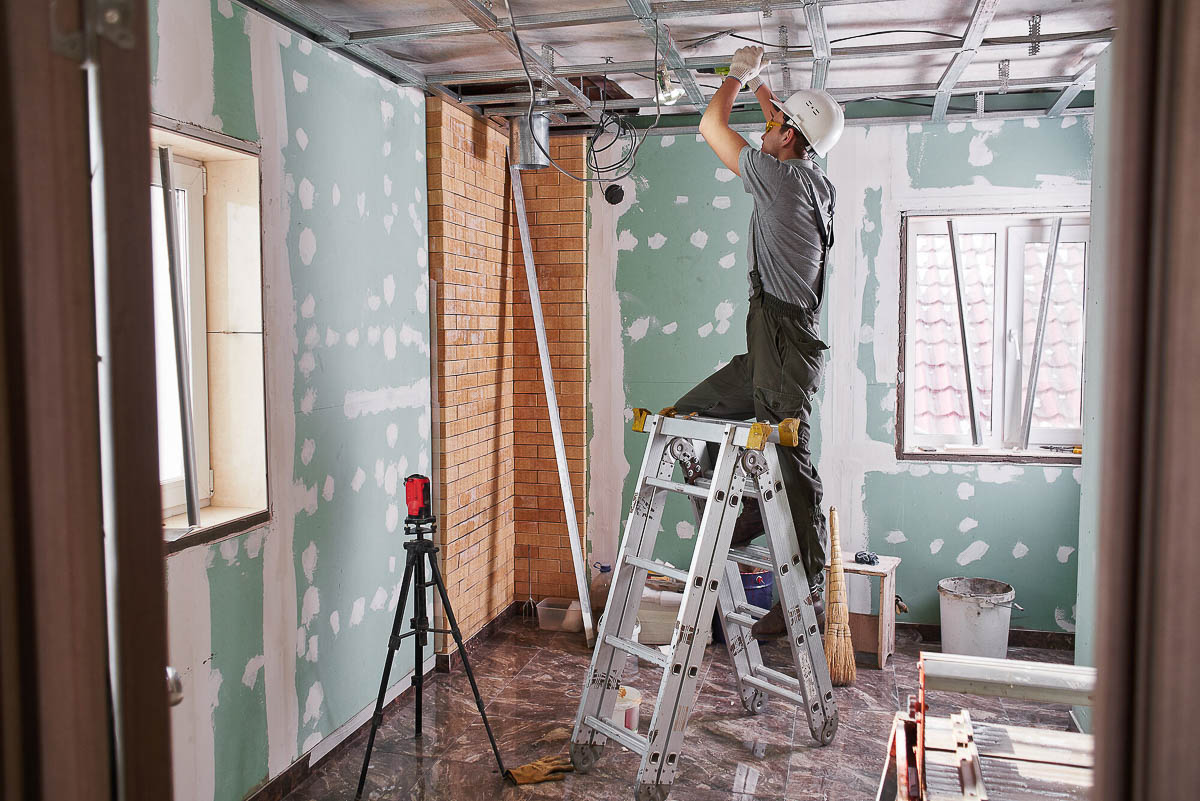


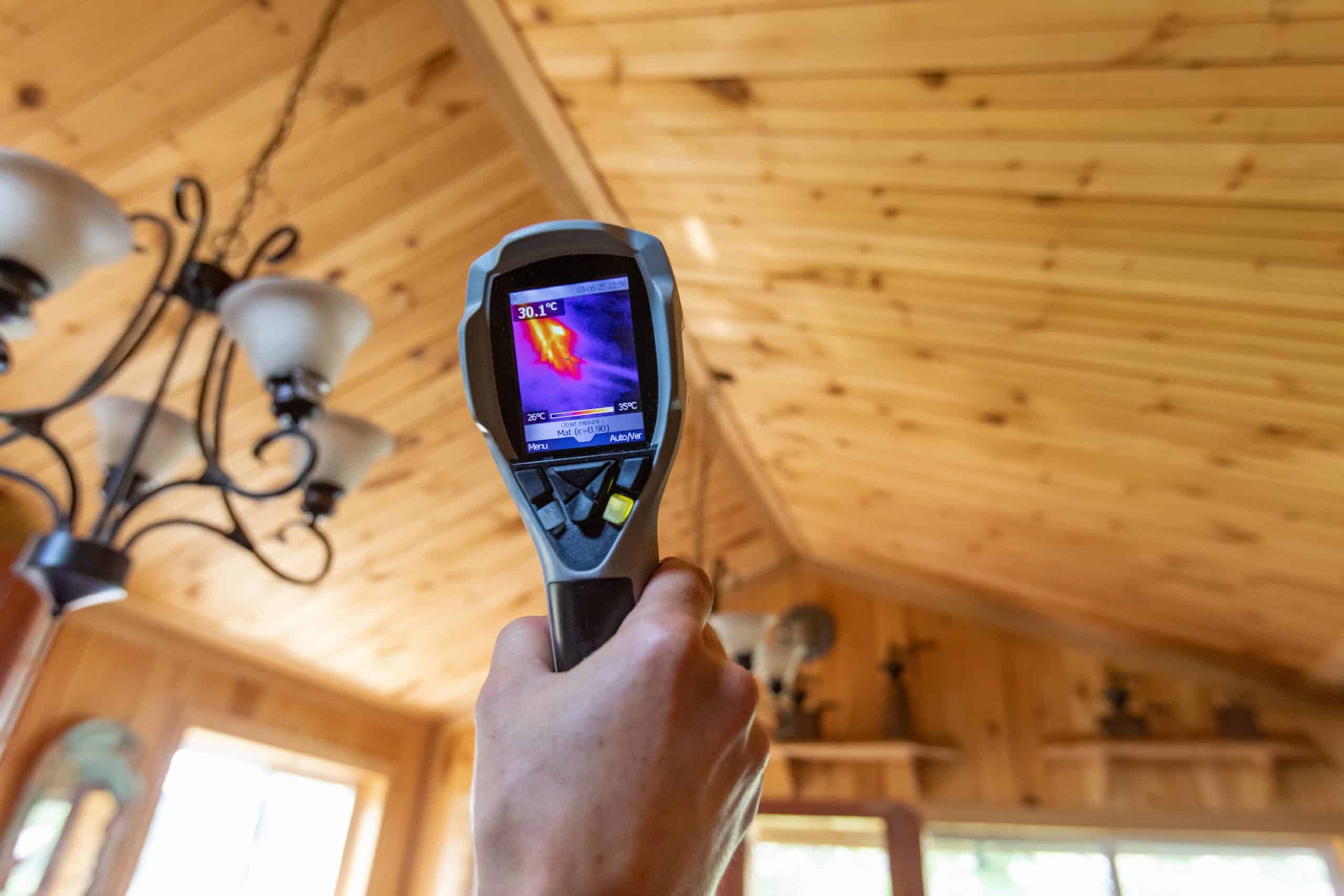

0 thoughts on “What Is A Home Inspection Contingency”